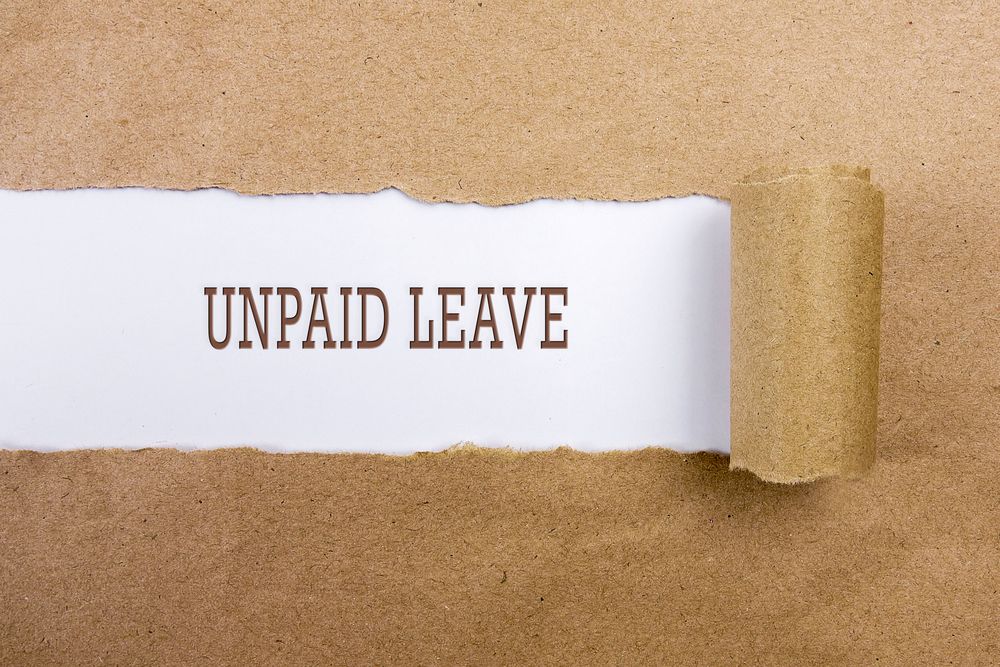In our latest installment of Ask the Expert, brought to you by the team of industry experts at HR Hero®, we look at a recent question from a subscriber regarding the recommended management and payment of voluntary benefits for employees while they are out on unpaid leave.
Q: How should employers handle voluntary benefits when employees are out on leave? We are constantly struggling with collecting payment from employees, with most employees playing catch up with voluntary deductions and a few with both medical and voluntary. I’d like to be able to apply payments to medical first, as this is typically the most expensive premium and the cost is shared between us and the employee. Can we suspend voluntary deductions while an employee is out on leave?
A: If an employee takes unpaid leave that is covered by the Family and Medical Leave Act (FMLA), the employer must maintain health coverage for at the same level and conditions of coverage that would have been provided had the employee not taken leave. An employee on FMLA leave should be sent all the notices, and any enrollment materials, that would be provided to active employees.
When the FMLA does not apply, and for benefits other than health coverage, the eligibility of an employee on unpaid leave will be governed by the plan documents (and any applicable insurance contracts), and should be administered in consistent, nondiscriminatory fashion.
Whether or not the FMLA applies, if the employer does continue coverage during any unpaid leave, the FMLA rules provide a helpful discussion of options for handling the payment of employee premiums. Employers may require employees to pay their share of premiums:
- At the same time as if made by payroll deduction;
- On the same schedule as COBRA payments;
- Prepaid under a cafeteria plan at the employee’s option;
- Under the employer’s existing rules for payment by employees on leave without pay provided that such rules do not require prepayment or higher premiums than if the employee had continued to work instead of taking leave; or
- Another system voluntarily agreed to between the employer and the employee.
An employer also may simply wait until the employee returns and then recoup the employee share of premiums at that time. An employer must tell an employee in advance and in writing about any requirements to make payments to keep health plan coverage during FMLA leave, and the terms and conditions required for making payment as well as the consequences of not making timely payments.
Employers also may recover their portion of premiums paid for maintaining an employee’s health coverage if the employee fails to return to work at the end of FMLA leave for reasons other than the continuation, recurrence or onset of a serious health condition, or other circumstances beyond the employee’s control.
If the employee’s share of premium is normally deducted from salary on a pre-tax basis under a cafeteria plan, then according to the Section 125 rules that apply to FMLA leave, a “catch-up” payment may be deducted from a paycheck on pre-tax basis once the employee returns, assuming the plan documents allow this option. Catch-up contributions from the employee may be made on a pre-tax basis from any available compensation, or they may be made on an after-tax basis (26 CFR 1.125-3, Q&A-3(a)(3)(iii)).
On the other hand, if no cafeteria plan is in place for deducting the employee’s contributions pre-tax, attempting to deduct extra to cover a past shortfall might violate state wage deduction laws. In Connecticut, for example, employers may only withhold money from an employee’s wages when authorized in a handful of situations detailed on HR.BLR under the state Deductions from Pay analysis.
Ask the Expert is a service provided to subscribers of BLR®’s HR Hero product, where experts are ready with answers to your organization’s unique questions surrounding HR compliance. To learn more and request a demo of HR Hero, click here.

